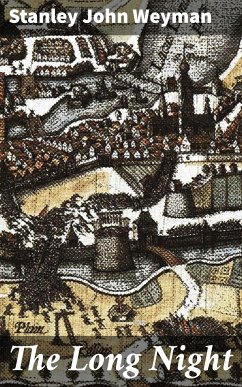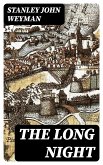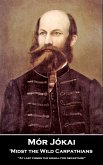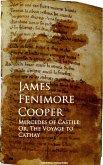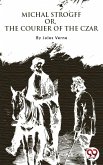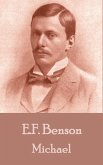In "The Long Night," Stanley John Weyman intricately weaves a tale steeped in atmosphere and historical intrigue. Set against the backdrop of the tumultuous 16th-century France, the narrative unfolds through masterful prose and vivid imagery that captures the essence of its time. Weyman employs a rich, descriptive literary style, reminiscent of Romanticism, which fully immerses the reader in the political and emotional turmoil faced by his characters. The novel tackles themes of loyalty, betrayal, and the profound impact of personal choices within a society fraught with tension and conflict. Stanley John Weyman, a prominent figure in historical fiction during the late 19th and early 20th centuries, drew from his extensive knowledge of history and his literary prowess to create engaging narratives. His experiences observing the complexities of human nature and societal structures deeply influenced his storytelling. Weyman's dedication to presenting an authentic portrayal of historical events allows him to position "The Long Night" within a broader discussion about the implications of power and morality, reflecting his views and experiences during a rapidly changing world. For readers who appreciate immersive historical fiction, "The Long Night" is an essential addition to their library. Weyman'Äôs commanding prose and captivating plot ensure an engaging journey through time, making this novel a must-read for enthusiasts of both literature and history. Delve into the intricate world he has crafted and uncover the enduring truths that resonate across the ages.
Dieser Download kann aus rechtlichen Gründen nur mit Rechnungsadresse in A, B, BG, CY, CZ, D, DK, EW, E, FIN, F, GR, H, IRL, I, LT, L, LR, M, NL, PL, P, R, S, SLO, SK ausgeliefert werden.

